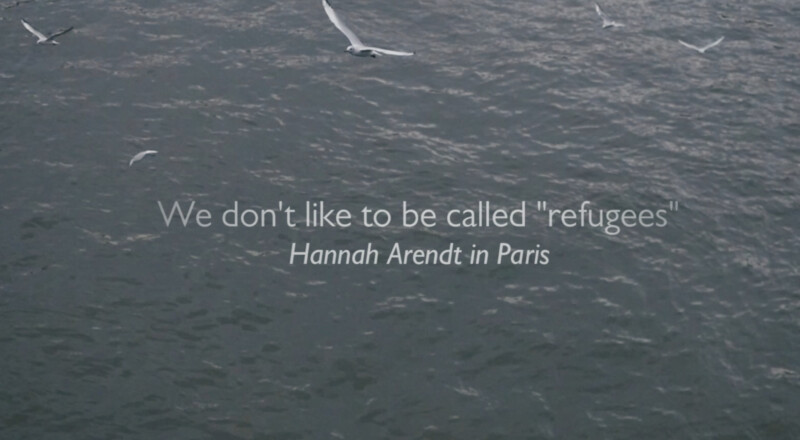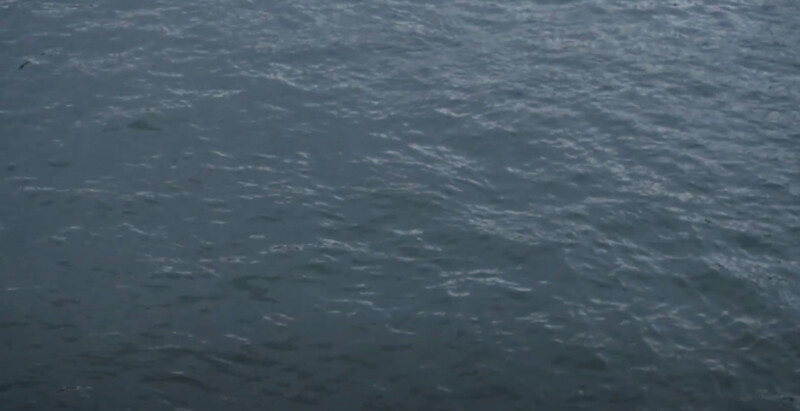Die einen mustern uns erstaunt,
weil wir nicht immer weinen.
Ein armer Flüchtling – gut gelaunt –
muss ihnen hohl erscheinen.
Die andern aber sind empört,
weil wir nicht immer strahlen,
Uns wurde doch Asyl gewährt,
mit stetem Dank zu zahlen.
Macht Unglück heilig, wünschelos?
Wenn ärgster Druck geschwunden,
ein Schicksal, wär‘ es noch so groß
zeigt man’s zu allen Stunden?
Wir bleiben Menschen, so wie ihr,
die Hunger, Durst empfinden,
Nur müde und verschreckt sind wir,
bevor wir neu uns finden.
Wir können nicht, kläng‘ es auch schön
nur Dankgebete singen,
nicht stets in Sack und Asche gehen
den Alltag zu bezwingen,
da müssen wir alltäglich sein
und das auf Lagerweise.
Mögt ihr uns also auch verzeihen,
wenn wir – zu laut – zu leise –
verkünden was uns noch bewegt,
vergessen wird es nie.
Wo jeder solch ein Schicksal trägt,
fehlt’s oft an Harmonie.
Some look at us in amazement,
because we do not always cry.
A poor refugee – in a good mood – must seem
must seem hollow to them.
But the others are indignant,
because we are not always radiant,
We were granted asylum after all,
With constant thanks to pay.
Does misfortune make sacred, desireless?
When the worst pressure is gone,
A fate, however great
Is it shown at all hours?
We remain human beings, just like you,
Who feel hunger, thirst,
Only tired and frightened we are,
Before we find ourselves a new.
We can’t, even if it would be nice
Only sing prayers of thanksgiving,
We can’t always go in sackcloth and ashes
to conquer everyday life,
We have to be everyday
and that in a camp way.
So may you also forgive us,
if we are too loud – too quiet –
what still moves us,
it will never be forgotten.
Where everyone carries such a fate,
harmony is often lacking.
Hanna Fuchs (1907-1991), who wrote this poem under the pseudonym Hansi Fuchs, was born to Jewish parents in Moravian Ostrava, now Ostrava. In 1933, shortly after the Nazi takeover, she fled to Paris. There, she studied literature and in 1938 published the poetry collection „Chimären: Gedichte“ in the German Press while in exile. After the German occupation of France in 1940, she managed to escape to Switzerland, where she was interned in various refugee camps . In 1950 she emigrated to Australia, where she lived for the rest of her life.
Fuchs’s poem Knigge für Flüchtlinge, which she wrote in Switzerland in 1945, addresses important questions about her identity and perception of others as a refugee. She expresses her displeasure that refugees are always expected to be grateful and humble, even though no one can be reduced to their status as a refugee: “We remain human beings, just like you, / who feel hunger, thirst.” Her following lines “So may you also forgive us, / if we – too loudly – too quietly – / proclaim what still moves us, / it will never be forgotten” are an expression of self-empowerment to speak about what we have experienced.
Fuchs, Hansi, 1945: Knigge für Flüchtlinge, in: Über die Grenzen, February 1945, vol. 4, p. 10, published in the German Exile Archive 1933-1945 of the German National Library, https://portal.dnb.de/bookviewer/view/1026557879#page/1/ (27.02.2020).
Translation from German to English © Minor Kontor / We Refugees Archive.





